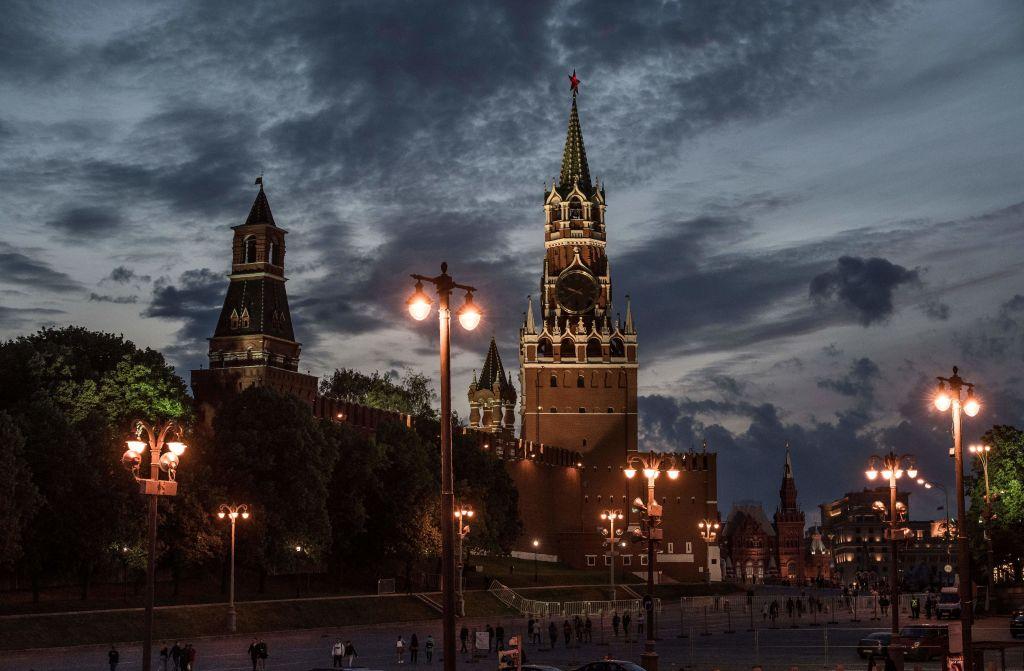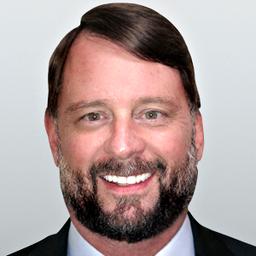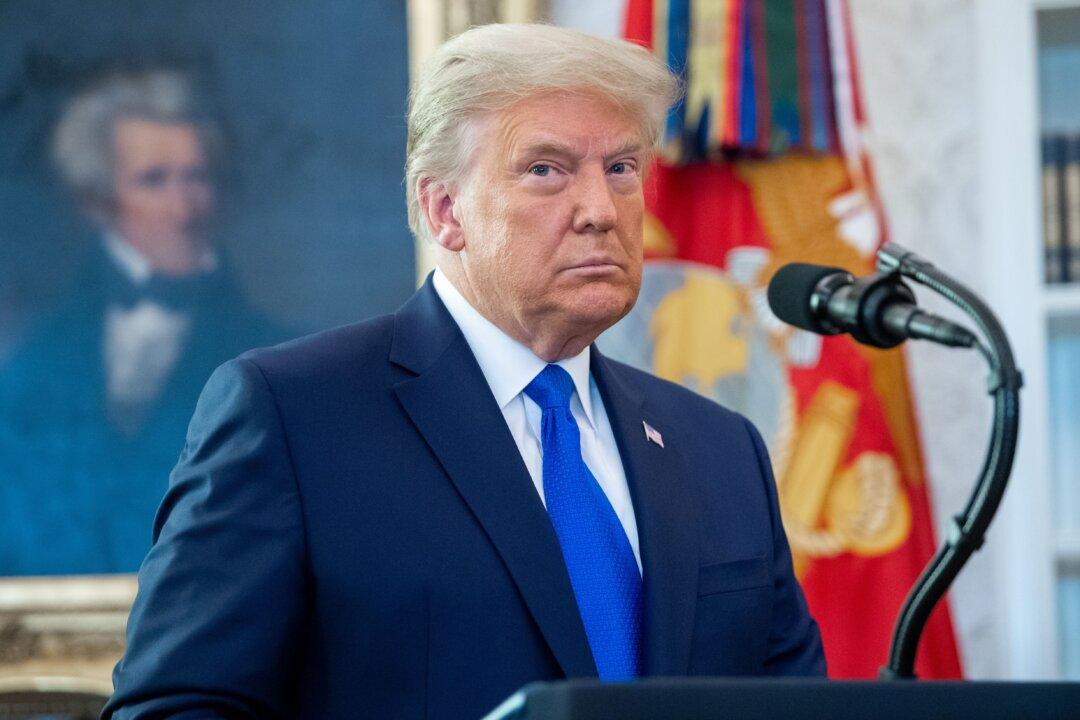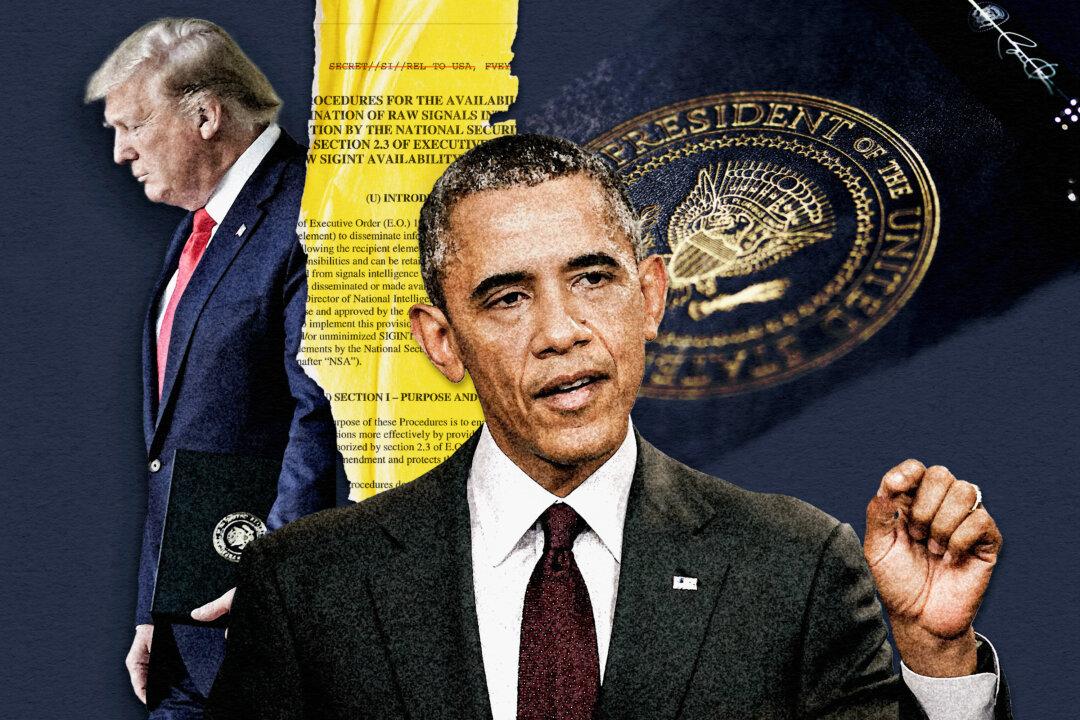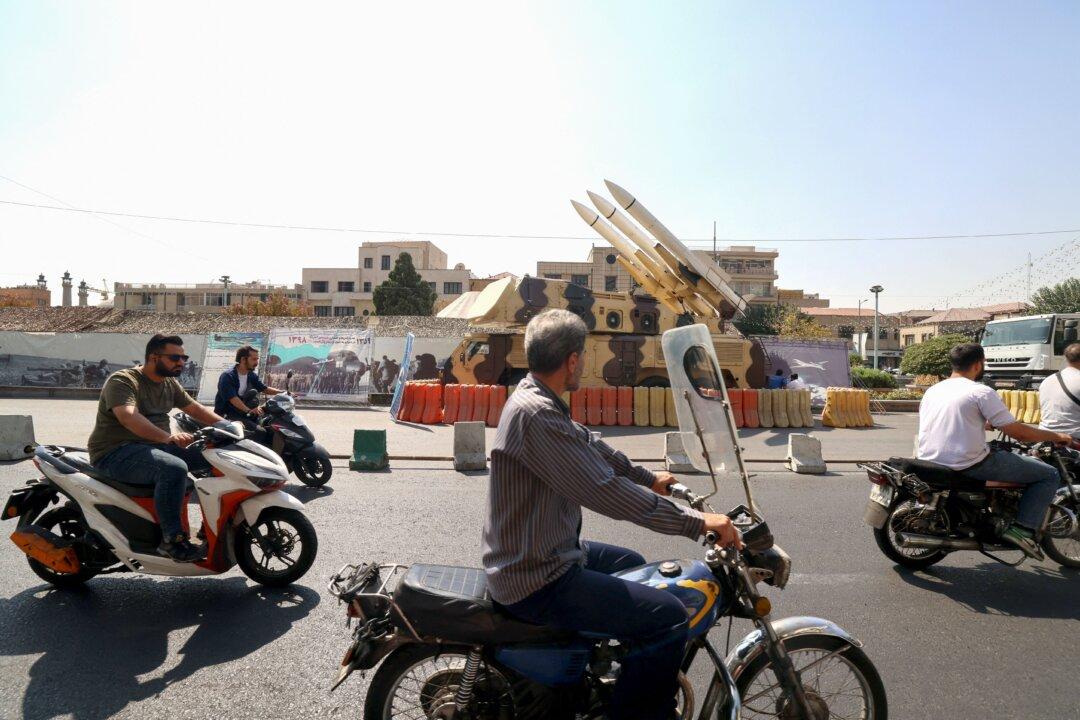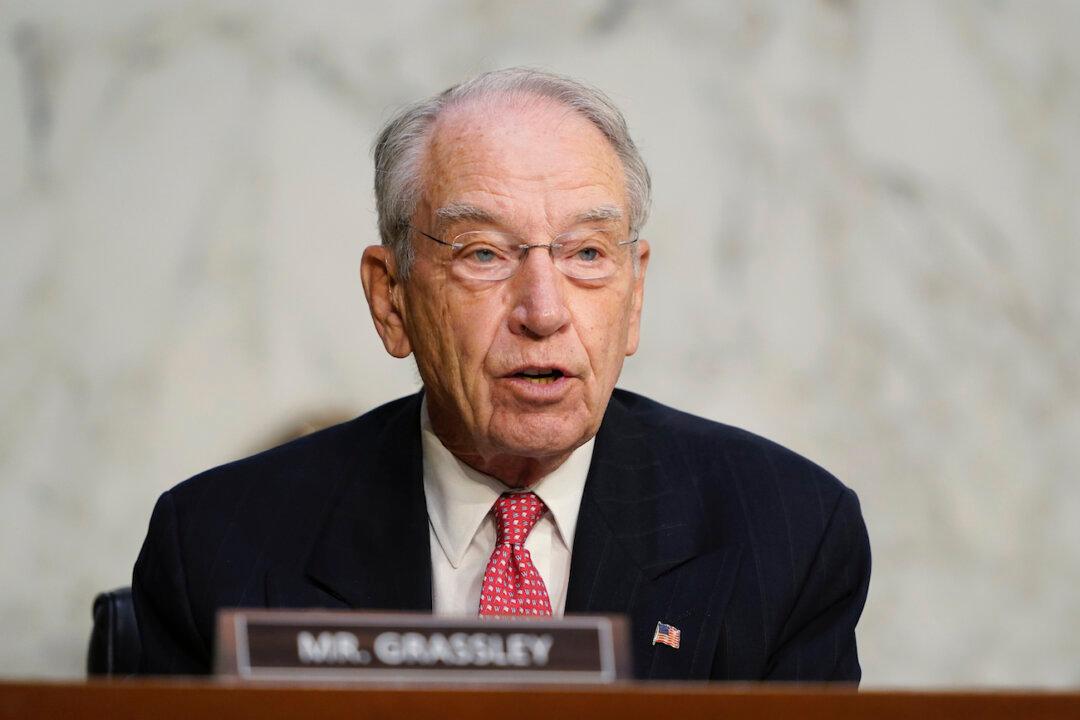News Analysis
The Magnitsky Act, co-sponsored by Senators John McCain and Ben Cardiff, was signed into law by Obama in December 2012. The Act barred Russian officials suspected of human rights abuses from entering the United States, allowed for their U.S. assets to be frozen, and prohibited financial transactions with U.S. financial firms. The Act was expanded in 2016, allowing the U.S. Government to sanction foreign government officials anywhere in the world.
